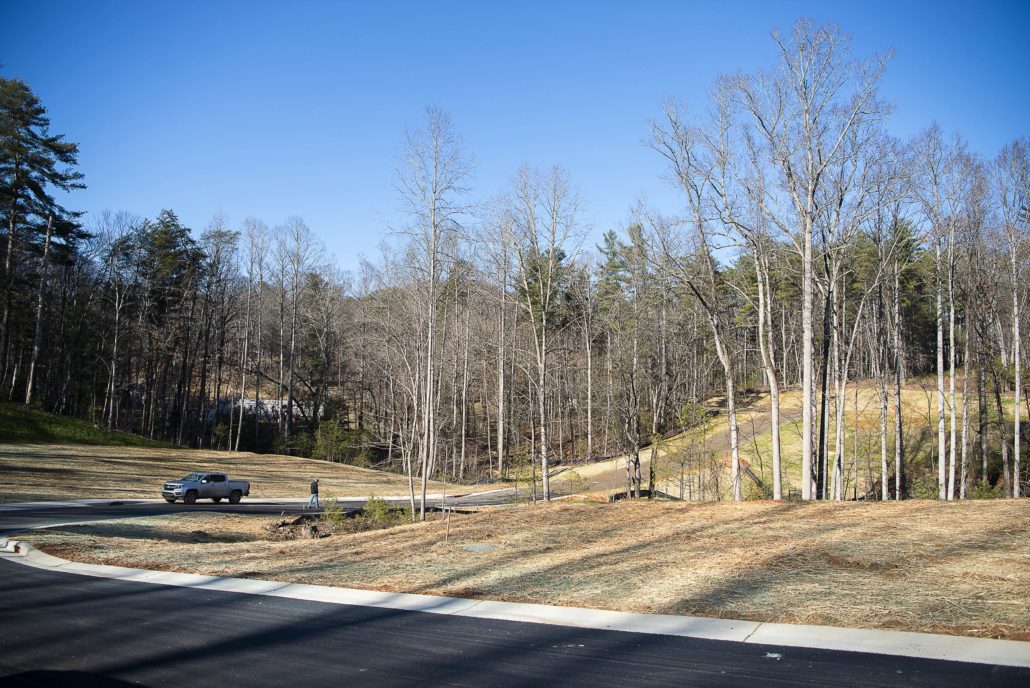https://www.ashevillehabitat.org/wp-content/uploads/2020/05/Marty-and-Rick.jpeg
480
640
Ariane Kjellquist
https://www.ashevillehabitat.org/wp-content/uploads/2022/11/AAHH-logo_black_with-counties-tag-300x150.jpg
Ariane Kjellquist2020-05-29 07:59:592020-05-29 08:01:34When Quarantine Comes, Things Go
https://www.ashevillehabitat.org/wp-content/uploads/2020/04/Business-Partner-Support.jpg
628
1200
Ariane Kjellquist
https://www.ashevillehabitat.org/wp-content/uploads/2022/11/AAHH-logo_black_with-counties-tag-300x150.jpg
Ariane Kjellquist2020-04-30 13:31:492020-05-08 13:30:21Updates from Our Business Partners
https://www.ashevillehabitat.org/wp-content/uploads/2020/04/thank-you-remote-volunteers.jpg
628
1200
Ariane Kjellquist
https://www.ashevillehabitat.org/wp-content/uploads/2022/11/AAHH-logo_black_with-counties-tag-300x150.jpg
Ariane Kjellquist2020-04-23 12:53:262020-04-23 13:09:00Overcoming the Distance
https://www.ashevillehabitat.org/wp-content/uploads/2020/03/Krysta-Edited-e1585067592929.jpg
477
1200
Ariane Kjellquist
https://www.ashevillehabitat.org/wp-content/uploads/2022/11/AAHH-logo_black_with-counties-tag-300x150.jpg
Ariane Kjellquist2020-03-24 12:34:192020-03-31 14:39:53AmeriCorps Reflection: Importance of Listening
https://www.ashevillehabitat.org/wp-content/uploads/2020/01/feature-image-1.jpg
440
1180
Ariane Kjellquist
https://www.ashevillehabitat.org/wp-content/uploads/2022/11/AAHH-logo_black_with-counties-tag-300x150.jpg
Ariane Kjellquist2020-01-22 13:49:112020-01-22 15:56:10Nonprofit Collaboration Offers a Fresh Perspective on Volunteering
https://www.ashevillehabitat.org/wp-content/uploads/2020/01/new-heights_1500x630-scaled.jpg
1075
2560
Maddy Alewine
https://www.ashevillehabitat.org/wp-content/uploads/2022/11/AAHH-logo_black_with-counties-tag-300x150.jpg
Maddy Alewine2020-01-22 11:39:482020-01-23 08:05:11New Partnership to Meet Senior Housing Needs
https://www.ashevillehabitat.org/wp-content/uploads/2019/10/Poder-Emma-HR_10.26.19_005.jpg
3003
4500
Ariane Kjellquist
https://www.ashevillehabitat.org/wp-content/uploads/2022/11/AAHH-logo_black_with-counties-tag-300x150.jpg
Ariane Kjellquist2019-11-01 09:10:572019-11-01 13:18:48Innovative Solution to Community Need
Scroll to top


